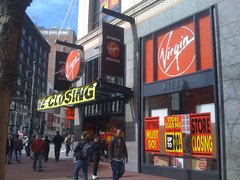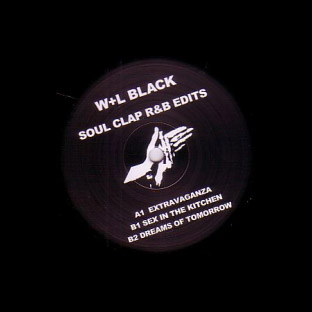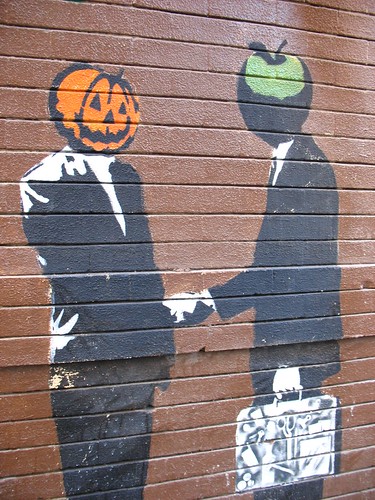
'Selling out' is a phrase that often comes up when discussing the 'sponsoring' choices of famous musicians and bands. There will always be the hardcore fans who want their idols to remain underground, yet want everybody on the planet to appreciate their music. Something of a paradox, and near impossible to balance. For smaller artists, a form of 'selling out' has become an important revenue stream; licensing music to TV and radio commercials, films, TV shows, computer games and promotional videos.
However, there is still a backlash against some of the large, 'legendary' artists doing so. One example is often Pete Townshend and The Who. In an interview with Rolling Stone earlier this year, Townshend says that between 1982 and 1989, "I was also learning how to run my catalog, learning how to be a publisher, learning how to make money outside of making records and touring. I developed quite a knack for it, and I was actually licensing songs for television, for commercials, for movies well before it was considered to be OK. I was one of the first artists to sit with journalists and answer to the idea that I was selling out a heritage and emotional catalog that didn't really belong to me -- that belonged to my fans, that argument."
Here is a quick rundown of some of the licensing options Townshend has chosen:
- "Baba O'Riley" for use in a commercial for a sports utility vehicle;
- "Bargain" for Nissan Xterra;
- The theme from Tommy for use in a TV commercial for Claritin, an allergy medicine;
- "Who Are You? for use by TNN, a cable TV station;
- "Let my Love Open the Door" for use by NBC-TV;
- "Happy Jack" for use in a TV commercial for Hummer;
- "Won't Get Fooled Again" for use in a TV commercial for a MSNBC news program;
- "I Can't Explain" to the PGA Tour/ABC Sports;
- "I Can See For Miles" to Silverstar Headlights;
- "Pinball Wizard" to Saab;
- "Going Mobile" to CBS-TV in New York City;
- "Who are you?" to CSI: Las Vegas
- "Let My Love Open the Door" to JC Penny;
- "Join Together" to Nissan;
- "My Generation" to Pepsi.
One he did turn down: in 2004, Townshend refused to let Michael Moore use "Won't Get Fooled Again" in "Fahrenheit 911."
On defending the accusation that he’s sold out by allowing the Who’s music to be used in TV commercials, Townshend said "Defend myself against whom? The rock ’n’ roll thought police? I sell out every time I drag my weary old ass out on the road to play classic rock to beer-drinking saps who should know better. This may be art, but I own the copyright. I come from a musical family. I know music is special. But I also know it is how my family lives. I am quite unsentimental about it, unlike some of our fans."
What are your thoughts about using your music for television commercials? Do you view it as selling out? Do you say "Good luck Pete, make all the money you can from any corporation willing to pay you"? Post your thoughts below...
by Lee Jarvis.
(Previously posted at UK Music Jobs' blog.)
If you enjoyed this post, you may like to subscribe to my RSS Feed, subscribe for Email Updates, or follow my Twitter Feed.

































